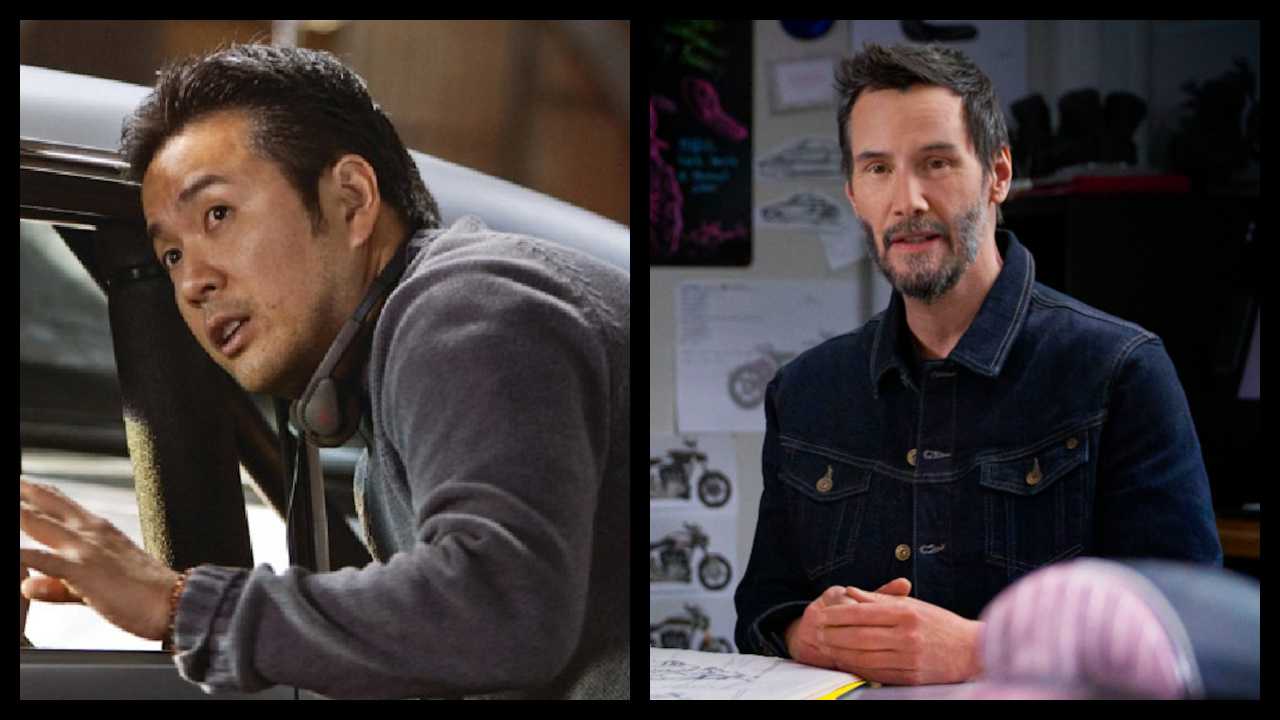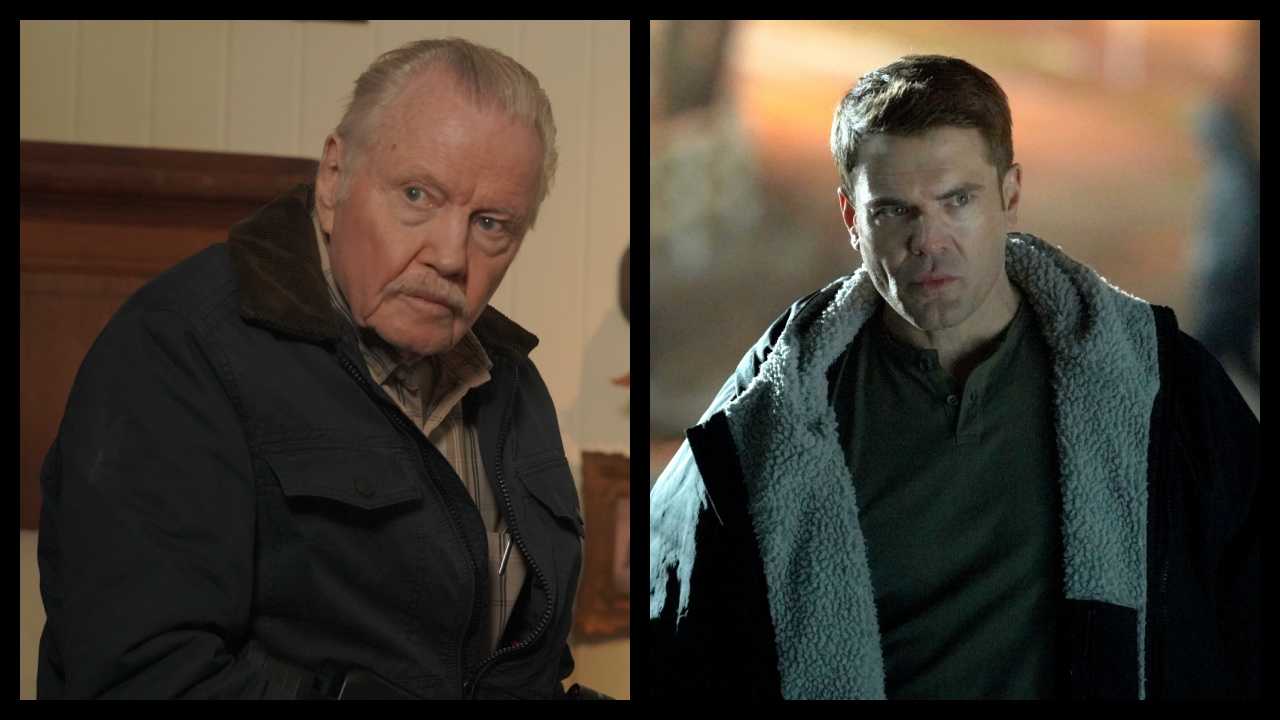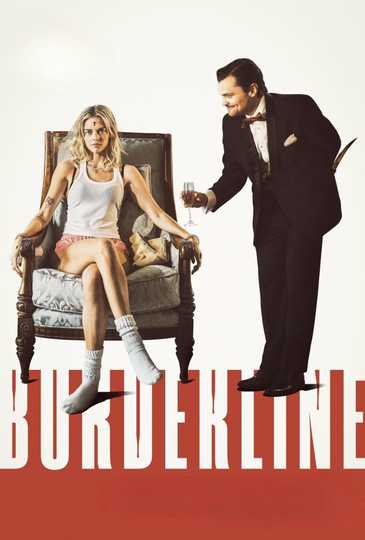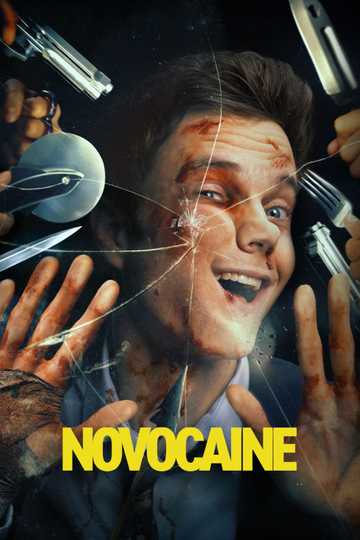'If Beale Street Could Talk' Review: Just Give Director Barry Jenkins All the Oscars Already
“If Beale Street Could Talk” is, profoundly, what happens when people of color get the opportunity to be authors of their own stories, fiction or fact, from the page to the screen.
Barry Jenkins, director of the Oscar-winning “Moonlight,” returns with an adaptation of James Baldwin’s eponymous novel about a young man wrongly arrested for a crime he did not commit as his girlfriend prepares to give birth to their first child. This is not a story of false hope, easy solutions, or phony reassurance. Unlike those engineered to highlight exceptional achievement and celebrate triumphant moments in black history, as so many movies about race seem to be, “Beale Street” is a story of resilience, and perseverance about black people, the ordinary and average, as they try to navigate their way through a society that is -- at best -- indifferent to their place within it, but quite frequently, and in a story crafted from fiction but feels devastatingly authentic, proves much more hostile.
Newcomer KiKi Layne plays Clementime “Tish” Rivers, a young black woman on the threshold of adulthood. In love with Alonzo “Fonny” Hunt (Stephan James) and in search of a place for the two of them to call home, Tish’s life is thrown into upheaval when Victoria Rogers (Emily Rios, TV’s “Breaking Bad”) accuses Fonny of rape and he is arrested. Further complicating matters, Tish discovers that she is pregnant. In spite of the support of her parents Sharon (Regina King) and Joseph (Colman Domingo), and sister Ernestine (Teyonah Parris, “Dear White People”), she learns that his family -- save Fonny’s father, Frank (Michael Beach) -- does not receive the news with similar excitement.
Enlisting a white lawyer named Hayward (Finn Wittrock), Tish and Sharon work tirelessly to find evidence that will exculpate Fonny before their child is born. In between visits to Fonny in prison, Tish recounts the days leading up to his arrest, including an encounter with an old friend, Daniel (Brian Tyree Henry), which would provide him with an alibi if the authorities valued black witnesses. But when Victoria flees New York for Puerto Rico to recover from her assault with her family, Tish and her family are forced to decide how far they will go, and what cost they will pay to a biased, irredeemably prejudiced system, in order to prove Fonny’s innocence.
History has provided Hollywood with many stories to tell about blacks and whites overcoming their respective fears and prejudices and learning to understand and even love one another. These stories are illuminating especially for white audiences, frequently because they’re shepherded to the screen via white writers and directors, and predominantly focusing on a white protagonist. As a result, they seem to suggest that at each film’s end, racism is left in the past and enlightenment and tolerance gets taken forward into not just these characters’ futures, but our own. But that isn’t a feeling that many blacks may have, on or off screen, and “Beale Street” courageously gives voice to that lingering, indefatigable fear and resentment that in America, the system is not just corrupt but engineered against the possibility of them prevailing.
It’s a movie that does not fail to account for the optimism embodied by black leaders like Martin Luther King Jr., but it also recognizes that those feelings are too often undercut or subdued by the back-breaking, dehumanizing effects of racism and a white majority that mostly is unaffected -- and therefore goes indifferent -- to the suffering that is endured by its black counterpart.
Jenkins offers an inspiring portrait of strength and resilience -- not just in the love shared between Tish and Fonny, but against the odds of his parents, a legal system predisposed to dismiss evidence that exonerates him, after making both of them victim of a society that does not want them to succeed. However, the movie is far from a polemic; rather, it’s a portrait of the memories and shared experiences that empowers these oppressed individuals to persevere and transcend their circumstances. Facing one setback after the next, a bruised and bloodied Fonny reassures Tish just at the moments when she expects that he needs it most, and vice versa; their belief in one another, and their love, is what sustains them even when the odds are stacked irredeemably against them both.
But it’s also a movie dealing with topics in a sensitive and nuanced way that few other movies dare to spend their time. In her search for answers, Tish is young and inexperienced enough to question whether or not Victoria was raped at all, and Ernestine, reacting with dismay to that very suggestion, explains how she very reasonably chose not to be re-victimized after her assault. Later, Fonny has an extended conversation with Daniel about Daniel’s prison time -- again, for a crime he didn’t commit -- and Daniel communicates the abject fear and debasement he experienced in prison, something that Fonny later begins to understand during his time behind bars. As Miles Davis’ “Blue In Green” plays hauntingly in the background, Daniel’s experiences give sobering voice to the millions of incarcerated people of color who feel like victims of circumstance. People who simply want to survive, and are forced to draw upon reservoirs less of hope than desperation in order to escape with their lives and their sanity intact.
Layne and James are a perfect pair as Tish and Fonny, the young but never naïve lovers, who find themselves in circumstances frighteningly out of their control. Tish is the younger of the two and must summon a fortitude she never expected that she would need, and Layne makes that a subtle but resonant transformation. James, meanwhile, oozes with a preternatural resignation to his fate as a black man in 1970s America -- frustrated but resolute that the thing that will enable them to prevail is the certainty, and purity, of their relationship. The rest of the cast delivers unilaterally great performances -- bringing to life a rich community of different experiences and perspectives born from the same struggle but earned through different coping mechanisms, be they the support of family and friends, the aid of religion, or the escape of drugs and alcohol.
But Regina King is deserving of special mention as Tish’s mother, a woman who with a routine “Yes, baby?” communicates an understanding of the news she’s about to hear, and the lived-in love of a lifetime of shared experiences - both as a mom and a black woman.
Without spoiling its ending, Jenkins’ film doesn’t relieve the tension it’s built adapting Baldwin’s book, or provide this young couple with the sort of reunion, or resolution, that one would more conventionally deem “triumphant.” And yet the film proves triumphant all the same because against time and circumstance and adversity, and mostly without the help of any white people at all, Tish and Fonny’s love has endured -- and most importantly, it cannot be stripped from them.
Ultimately, “If Beale Street Could Talk” is an honest and complex portrait of black life, set in the past, but projected vibrantly onto the present day. It's a movie that feels unlikely to make whites feel quite as good as they would ordinarily expect as they exit the theater -- which is all the more reason for them to see it.

























